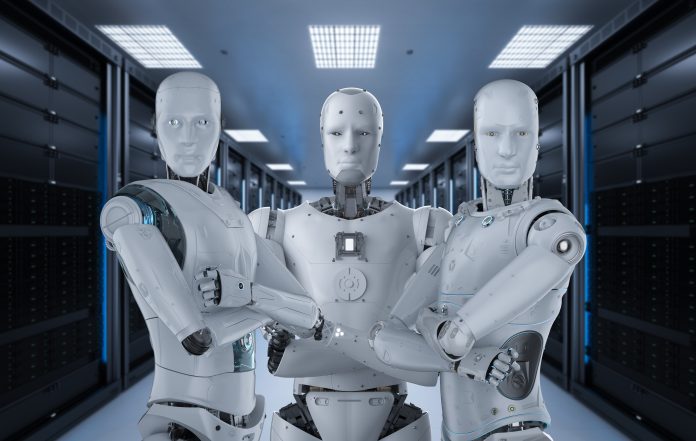Nikolas Kairinos, CEO and Founder, Fountech.ai discusses the ethical and safety issues of Artificial Intelligence development if it is to be misused by society
The proliferation of technology throughout society has been rapid. As with any kind of societal shift, it has led to the excitement for the future and concern around new risks; particularly when it comes to job security. Indeed, academic institutions such as the University of Oxford suggesting that 47% of the current job market will be made obsolete due to rapid advancements in tech over the next 25 years have done nothing to calm public nerves.
Such staggering numbers are inevitably eye-catching, but not always helpful. Indeed, they tend to result in black hole baseless panic. As German philosopher Immanuel Kant suggested, it is within human nature to “project things to infinity”, regardless of the evidence.
Humans will always be needed
Thankfully, a growing body of evidence indicates the future relationship between tech and humanity will be prosperous and peaceful. That’s partly because humans have some innate qualities that will be difficult for machines to ever replicate, meaning we will always be needed for the proper operation of society.
This view is supported by the experts; the World Economic Forum has predicted that whilst 75 million jobs could be lost to tech between 2020 and 2025, a further 133 million new roles will be created. These will be in the maintenance, management and oversight of the tech jobs, many of which are yet to be created
Pedros Domingos, a professor at the University of Washington and expert on the future relations between man and machine, suggests that AI will lead to the creation of roles that we cannot yet understand. After all, if you asked a person in the 1980s to describe the role of an app developer, they’d be uncertain. Indeed, this is the case for those of us today trying to imagine the world of work in 2030 or 2050 — there are too many variables for us to make an effective prediction. One thing is sure: there’ll be new jobs for people to fill.
Complimentary skillsets
However, the new jobs created won’t just be about creating and maintaining the new technology – this will partially make up the job creation, of course, although newly carved human roles in the future workforce will involve working with machines.
This refers to how AI will be able to augment and complement, rather than replace, what humans are already able to do. A fantastic example comes from Prospex. This tech, developed by Fountech Ventures, is an AI program that can generate leads for salespeople. So, rather than spending hours manually trawling through databases to find business leads, the technology rapidly compiles lists of people to contact. As such, salespeople can focus on their passion, amplify their skills and delegate all of the drudgery to a machine.
Another example arrives from Autodesk, who have developed an AI program called ‘Dreamcatcher’. It too has a simple proposition: generating new designs based on assigned parameters. So, if you were designing a new table, you’d input code for ‘legs’, ‘tabletop’, etc., and it then generates a multitude of options based on the designer’s preferences. The latter is then able to choose or amend a design as needed. So, we see human creativity flourish, thanks to collaboration with AI technology.
More enjoyable tasks
The future collaboration between man and machine will also be characterised by a more obvious aspect: the automation of repetitive tasks. For the millions of people worldwide who still work in factories, this might be a worrying prospect. However, the reality is more complex and, indeed, positive.
In fact, it will likely entail more fulfilling roles and the example of chatbots illustrates this point clearly. They are able to access vast amounts of data and are usually positioned at the beginning of the customer contact experience. Here, they answer questions and direct customers to call centres, where a specialised, human response can be given if needed. For the customer, it means a more efficient service. And for workers, it means dealing with more interesting issues — rather than asking ‘what is your customer reference?’ all day — certainly a ‘win-win’.
John E. Kelly III, executive vice president at IBM asserted that, collaboratively, humans and machines “working together always beat or make a better decision than a man or a machine independently” – and I agree. As long as experts treat this new technology with care, there will be no limit to what man and machine can collectively achieve.











